Writers – Do Your Job and Stop Worrying About Reviews
 Standing before my fourth grade class, reading aloud a story I’d written, it never occurred to me they wouldn’t like it. The teacher, Mrs. Nungazer liked it. Mrs. Nungazer loved it. I can’t even remember what the story was about. Probably a girl figuring out how to get what she made her happy, and put behind her all the things that made her sad. The twenty or so nine-year-old’s I addressed weren’t interested in my words, but they listened politely. One or two even clapped at the end.
Standing before my fourth grade class, reading aloud a story I’d written, it never occurred to me they wouldn’t like it. The teacher, Mrs. Nungazer liked it. Mrs. Nungazer loved it. I can’t even remember what the story was about. Probably a girl figuring out how to get what she made her happy, and put behind her all the things that made her sad. The twenty or so nine-year-old’s I addressed weren’t interested in my words, but they listened politely. One or two even clapped at the end.
Later, a boy came up to me on the playground and said he thought the story was stupid, that I was stupid for writing it. His words earned him a hard punch on the arm. I was a good puncher. No one else criticized that piece of writing, and Mrs. Nungazer gave it an “A.”
Decades later, I am still sometimes tempted to poke a snarky reviewer who gives in to personal taste rather than critically assessing my words. My second story collection earned a one-star review from a woman who didn’t like young people who swore. I had another say my book was too “sullen.” Books may evoke a sullen mood, but as inanimate objects, they are incapable of directly expressing those feelings. Then there are the reviewers who want the book to be a certain way, and when it isn’t, they’re disappointed, as if every day, when I sit down to write, I’m channeling the expectations and desires of people I’ve never met. What I’m actually trying to do is describe the human condition through the life of my fictional character, what she feels, what’s crushing her, what’s lifting her up, and if she gets what she’s going after.
But I’m not here to complain about all the ignorance about writing out there (really, I’m not). The problem is that the rank and file reader doesn’t know what they’re looking at a lot of the time, they’re only wondering if they like it or not. Writing is not a popularity contest. It’s an intellectual exercise, and it succeeds or fails, to varying degrees.
A writer’s job is to tell a story and tell it well, not to present ideal people, attractive people, perfect people. A writer’s job is to make a reader feel something, not necessarily something good or easy. A writer’s job is also to make a reader think outside her own box, her own frame of reference and experience. When we open someone’s eyes, they’re not always comfortable with what they see, and for me, that’s the point.
To anyone who wants to share their thoughts on a book by posting an online review, I make the following suggestions. First, leave your expectations at the door. In other words, keep an open mind about what you’re about to read. Trust the author. That said, if you get led astray, left high and dry with a plot that doesn’t resolve or characters who dither endlessly, you have a right to be disappointed. Say plainly that the author didn’t do her job. But if you get where the author takes you and that place makes sense, then make it clear that the author succeeded.
Next, really try to understand what the author’s artistic goals are. Assume everything on the page is there for a reason. Treat the novel like a puzzle, and be assured that the author is going to fit them together. Again, if she doesn’t, it’s okay to say so. I’m very fond of the omniscient narrator. It lets me drop into the heads of several characters at once, and gives everyone a seat at my literary table. Some readers find this confusing, and object to the story not focusing on only one person’s reality. I say, why should it? Why can’t we consider multiple points of view at the same time? If my readers understand that this is what I’m after, then they can judge whether the device is effective in both telling and enriching the story.
If writers are clear in their own goals, it helps a reader clarify hers. Even so, there will always be readers who just don’t “get it.” And when that happens, we have to remember that we’ve done our job the best we can and not worry about it too much. There’s always another short story, poem, novel, or essay to write, after all. That’s the highest and best use of any writer’s time.
—
Anne Leigh Parrish’s fifth novel, A Winter Night, will be published in April 2021 by Unsolicited Press. Previous titles are: Maggie’s Ruse, a novel, (Unsolicited Press, 2019); The Amendment, a novel, (Unsolicited Press, 2018); Women Within, a novel (Black Rose Writing, 2017); By the Wayside, stories (Unsolicited Press, 2017); What Is Found, What Is Lost, a novel, (She Writes Press, 2014); Our Love Could Light The World, stories (She Writes Press, 2013); and All The Roads That Lead From Home, stories, (Press 53, 2011). Her short fiction has recently appeared in New Pop Lit, The Slag Review, and O:JA&L. Recent poems have appeared in Mocking Heart Review, Crow Literary Review, S/tick, Wilde Boy, Feminine Collective, 34thParallel Magazine, and Q/A Poetry. She lives among the evergreen trees in the South Sound region of Washington State.
MAGGIE’S RUSE, Anne Leigh Parrish
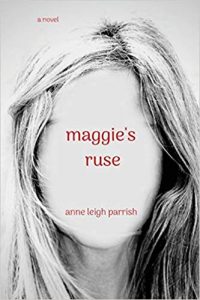 Maggie and Marta Dugan, twenty-seven-year-old identical twins, live the good life in New York City on their stepfather’s money. Each has a glamorous calling. Maggie paints; Marta appears onstage. Success, though, eludes them. Marta’s roles are few and far between. Maggie’s endorsements are infrequent at best.
Maggie and Marta Dugan, twenty-seven-year-old identical twins, live the good life in New York City on their stepfather’s money. Each has a glamorous calling. Maggie paints; Marta appears onstage. Success, though, eludes them. Marta’s roles are few and far between. Maggie’s endorsements are infrequent at best.
When gallery after gallery passes on her work, she begins to doubt her talent. Home alone one afternoon, fueled by frustration, she is seized by a sudden, wild impulse to masquerade as Marta when a friend of hers drops by. The ruse is quickly discovered when Marta returns from another shopping spree, a rift between the sisters ensues, and they go their separate ways.
But living apart proves harder than either thought at first. Each carries the other firmly within her, making any true independence nearly impossible. As the weeks pass, the weight of absence sometimes becomes difficult to bear. Both find a surprising degree of success in their respective efforts, due perhaps to their newfound freedom, yet the bond between them remains firm.
Can they come back together, and under what circumstances would a reunion be viable? Has the time come for an open discussion of their issues with each other? Unable to fully answer these questions, each knows only that she needs the other to feel whole.
“In a world of full of glittering descriptions and minimal consequences, a pair of twins engagingly explore questions involving love, career, and family.” – Kirkus Reviews
“Anne Leigh Parrish has worked delightful magic, creating a fresh, twenty-first-century pair of spirited heroines with echoes of Becky Sharp and Scarlett O’Hara.” – Sublime Book Review
“Parrish write fluidly, skillfully presenting descriptive pictures of the twins and their circle of friends as beneficiaries of privilege and entitlement.” – Blue Ink Review
“In the novel, Maggie’s Ruse, identical twins pursue separate paths in the contemporary art and theater worlds, but discover that some bonds are too strong to break.” – Foreword Clarion Review
“Overall, this book was a sweet story about love, sisterhood, and difficult relationships: a great read!” – San Francisco Book Review
BUY THE BOOK HERE
Category: On Writing




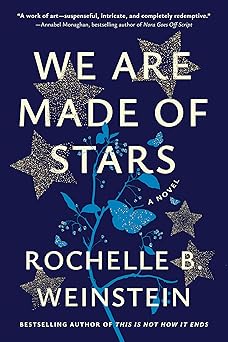
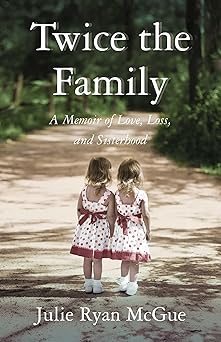
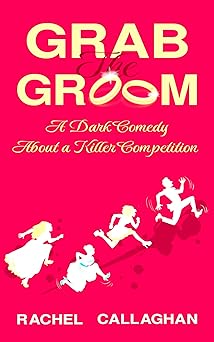


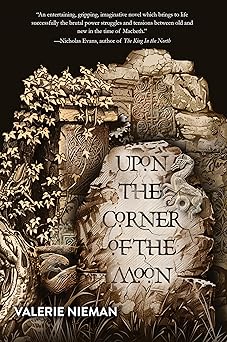
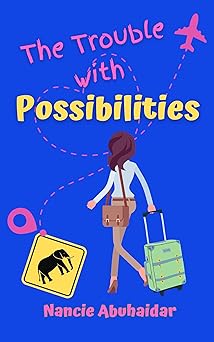
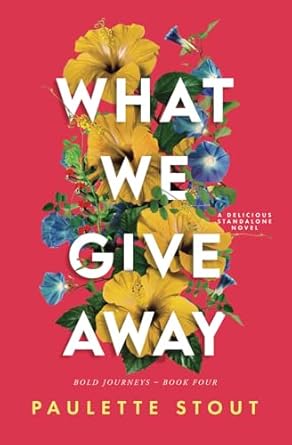
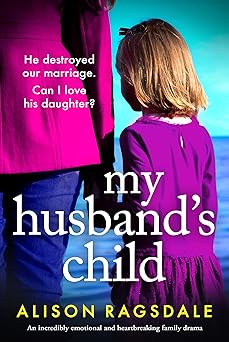
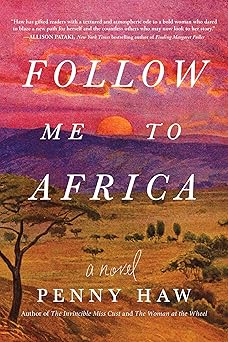
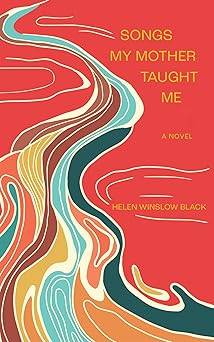
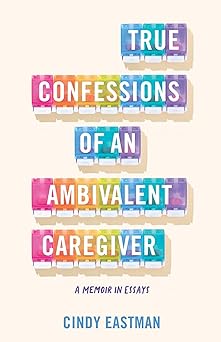
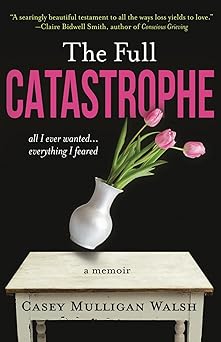
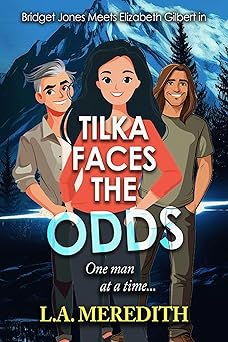
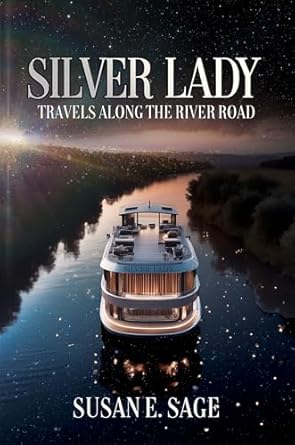
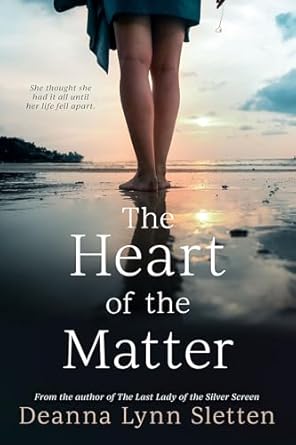
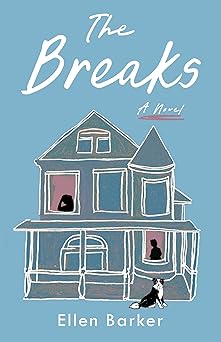
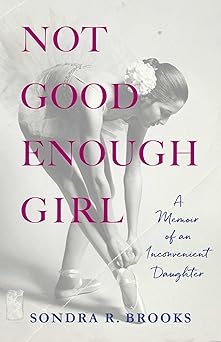
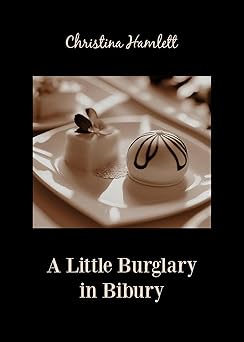
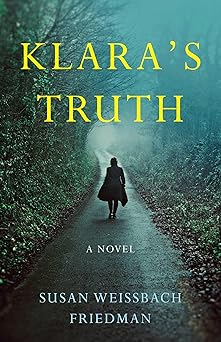
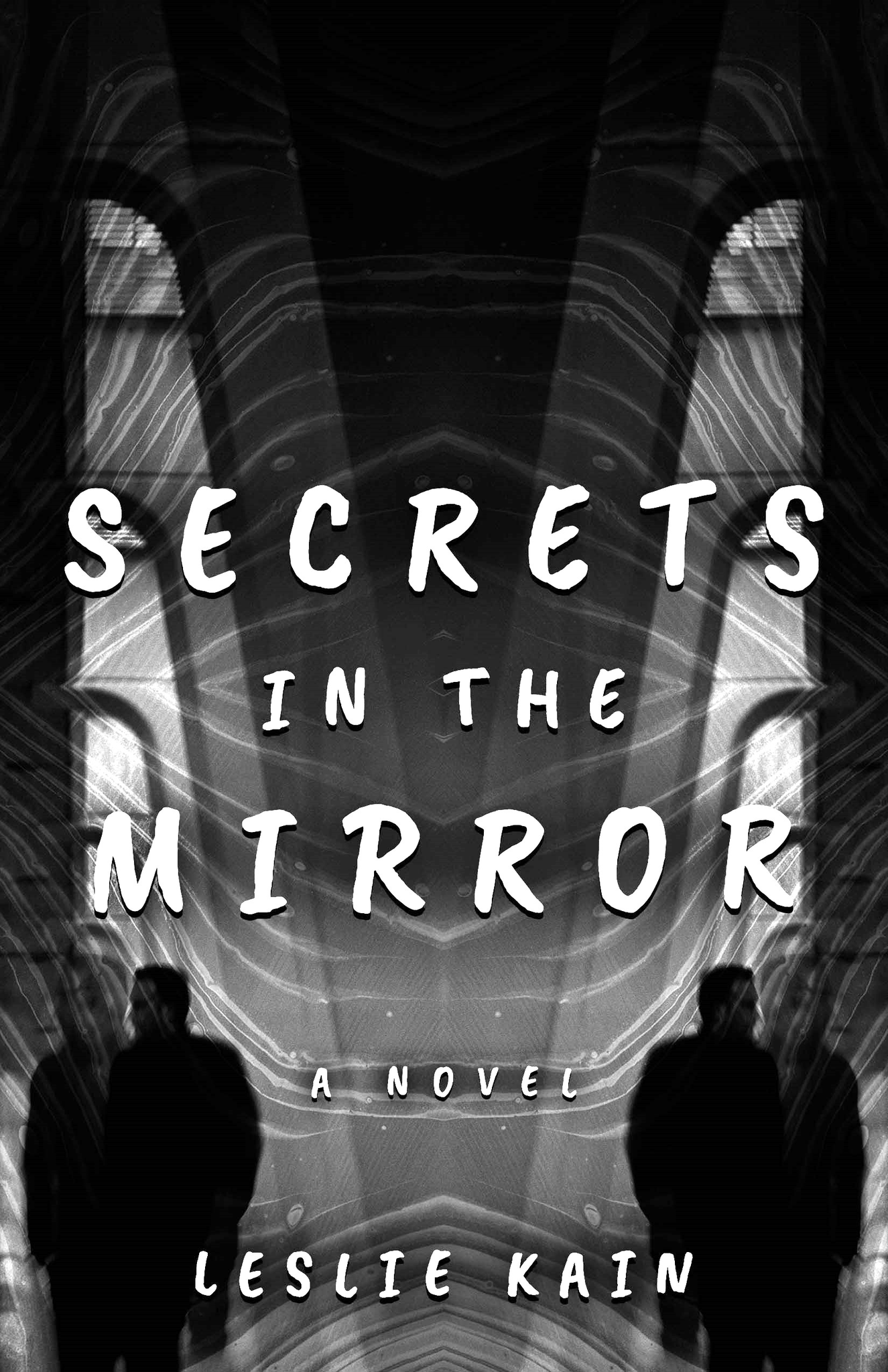
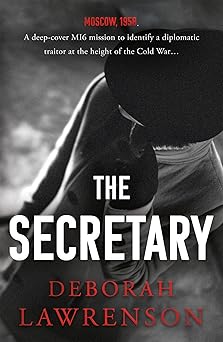
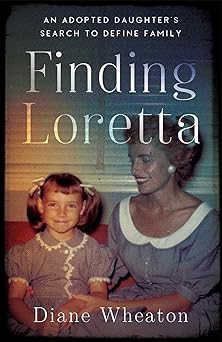
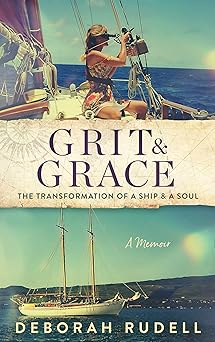
What a great eye opener on how to perceive a book. I will definitely keep your words in mind the next time I read and review a book. Thank you!